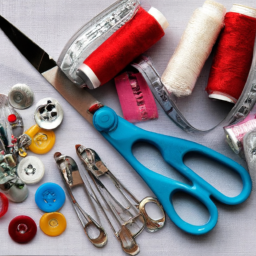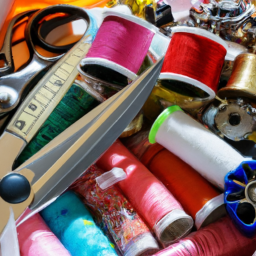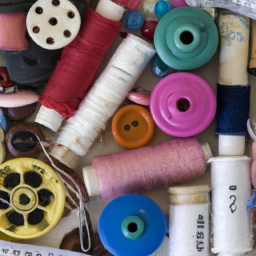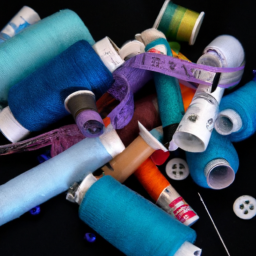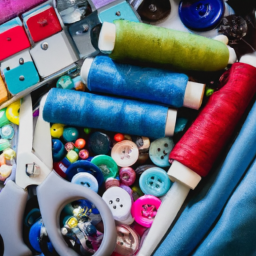
 fabric before sewing” />
fabric before sewing” />
Before embarking on your next sewing project, it is important to wash the material beforehand. It might be tempting to skip this step, but it can greatly impact the quality and longevity of your finished piece.
When fabric is manufactured, it goes through various processes, including dyeing, printing, and finishing, to achieve the desired appearance and texture. During these processes, chemicals, dirt, and excess dye can accumulate on the fabric’s surface. Washing the material helps remove these impurities, ensuring a clean and safe fabric to work with.
There are several reasons why washing fabric before sewing is essential:
1. Pre-shrinking
Some fabrics, especially natural fibers like cotton and linen, have a tendency to shrink when washed. By pre-washing the material, you allow it to shrink before cutting and sewing the pieces. This helps prevent any unpleasant surprises later on when your finished garment or project unexpectedly tightens up after its first wash.
2. Color bleeding
Washing fabric helps to remove excess dye that may not have been properly fixed during the manufacturing process. If you skip this step and sew the material without pre-washing, the excess dye might bleed onto other fabrics or surfaces when the finished item is eventually washed.
3. Softening and improving texture
Some fabrics can feel stiff or rough when fresh out of the store. Washing them before sewing can help soften the fabric, making it more comfortable to wear. It can also improve the drape and texture, resulting in a more visually pleasing finished product.
4. Fabric stability
Washing material before sewing can unveil any potential flaws in the fabric’s stability. Weak or damaged threads, loose weaves, or irregular shrinking patterns may appear during the washing process. Identifying such issues early on allows you to adjust your sewing techniques or choose a different material to ensure the durability and quality of your final piece.
It’s important to follow the washing instructions provided by the fabric manufacturer, as different materials have specific requirements. In general, use a gentle cycle with cold or warm water and mild detergent. Avoid using fabric softeners or bleach unless specified by the manufacturer.
In conclusion, washing your material before sewing is a crucial step in achieving successful sewing projects. Pre-washing helps eliminate impurities, allows any shrinkage to occur, prevents color bleeding, enhances the fabric’s texture, and reveals any fabric stability issues. By investing a little time upfront, you can ensure your handmade creations are of the highest quality and stand the test of time.
